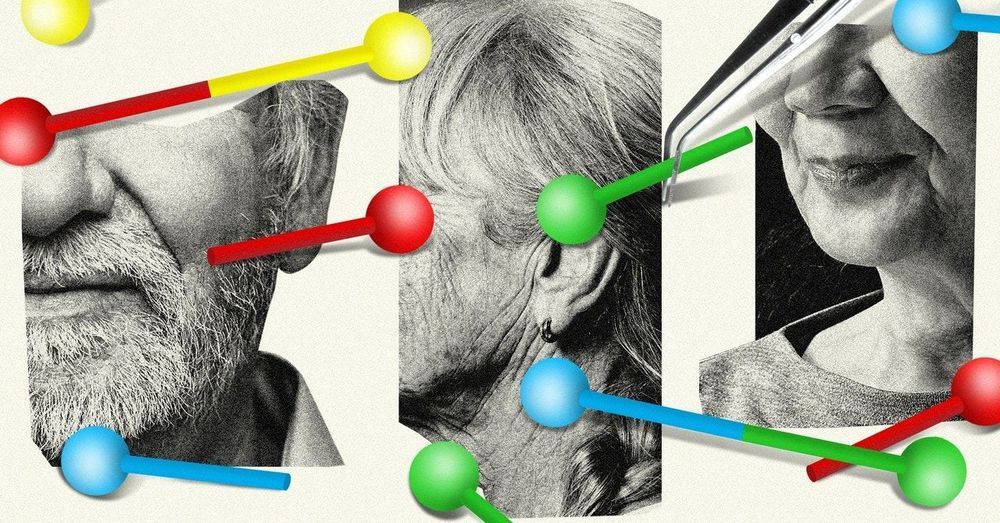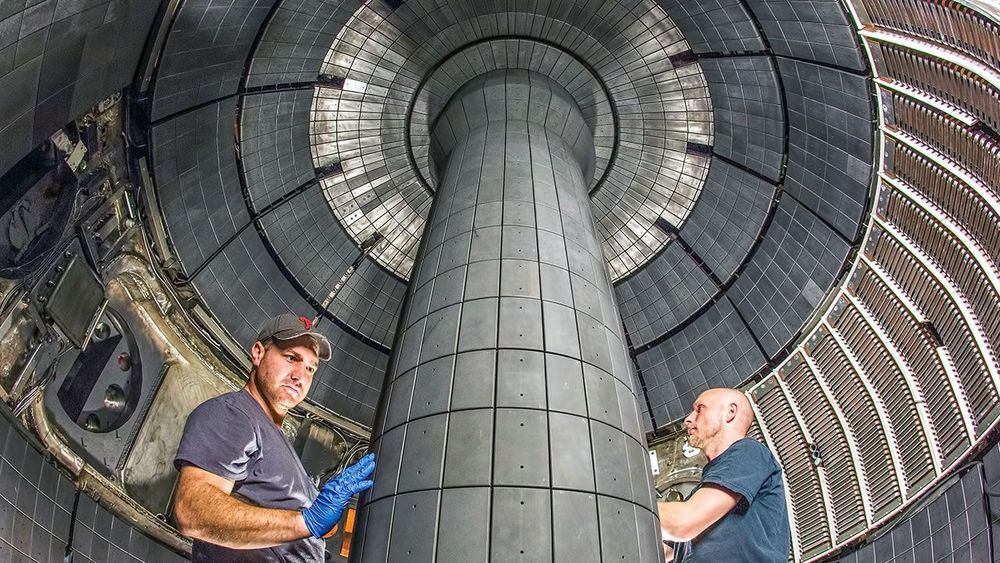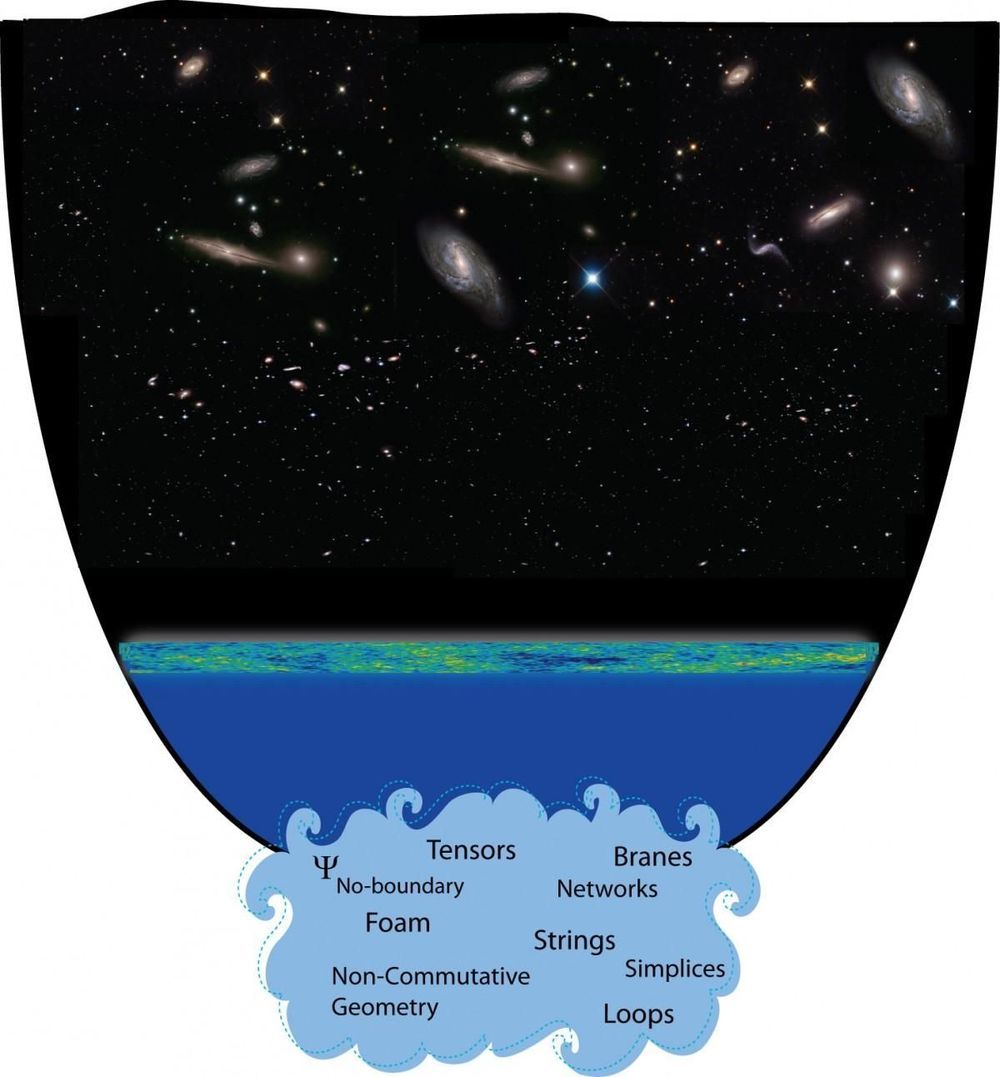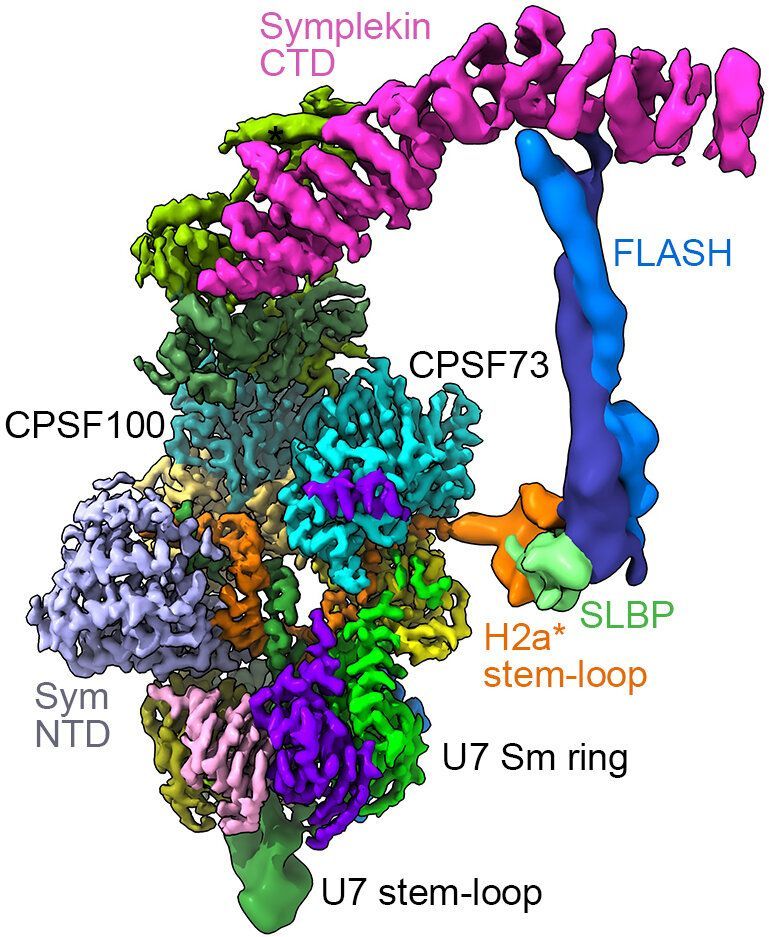Ancient Egyptian senet board may signal shift from mere pastime to a more serious game.
Researchers at Tel Aviv University have for the first time demonstrated the backflow of optical light propagating forward. The phenomenon, theorized more than 50 years ago by quantum physicists, has never before been demonstrated successfully in any experiment—until now.
“This ‘backflow’ phenomenon is quite delicate and requires exquisite control over the state of a particle, so its demonstration was hindered for half a century,” explains Dr. Alon Bahabad of the Department of Physical Electronics at TAU’s School of Electrical Engineering, who led the research for the study.
“This phenomenon reveals an unintuitive behavior of a system comprised of waves, whether it’s a particle in quantum mechanics or a beam of light. Our demonstration could help scientists probe the atmosphere by emitting a laser beam and inducing a signal propagating backward toward the laser source from a given point in front of the laser source. It’s also relevant for cases in which fine control of light fields is required in small volumes, such as optical microscopy, sensing and optical tweezers for moving small particles,” Dr. Bahabad says.
Using genetically-edited cells to supercharge the immune system caused no adverse effects in cancer patients. It’s too soon to tell if it can be a cure.
A visionary new leader aims to expand and diversify the Princeton Plasma Physics Laboratory—and get back to building fusion reactors.
Hey tribe Encourage all tribes to follow your lead.
The official news source of the Cherokee Nation, Cherokee Nation Businesses and Cherokee Nation Entertainment.
For over 50 years, it’s been the scientifically accepted theory describing the origin of the Universe. It’s time we all learned its truths.
Raytheon and the US Navy have successfully fired a precision-guided munition that can be fired from a howitzer and zero in on a moving object. The recent test of the Excalibur S round not only demonstrated its ability to switch from GPS to laser guidance to find its target, but also that its electronics and sensors can withstand the shock of being fired out of a gun.
The Excalibur S is the latest variant of Raytheon’s Excalibur line of smart projectiles. Developed by Raytheon and BAE Systems Bofors, it uses the GPS technology from the Excalibur Ib, and combines it with a semi-active laser seeker that allows it to home in on moving land and maritime targets with a miss radius of under two meters (6.5 ft).
The Excalibur system is designed to work with a variety of artillery and can extend the range of a .52 caliber gun to over 50 km (31 mi) to hit or damage its target with the first round. When the Excalibur S is first fired, it uses GPS to make its initial target fix, then switches over to its laser sensor to home in on an outside targeting beam.
Scientists from the UNC School of Medicine, Columbia University, and Rockefeller University have revealed the inner workings of one of the most fundamental and important molecular machines in cells.
The researchers, in a study published in Science, used biochemical experiments and cryo–electron microscopy (cryo-EM) to determine the atomic structure of a complex assembly of molecules known as the histone mRNA three-prime (3’) end-processing machine. This machine plays a fundamental role in proper activity and duplication of the cell genome and when defective, it may lead to human diseases, including cancers.
Histone proteins are found in all plants and animals, and they form a “beads-on-a-string” arrangement where the DNA in chromosomes is wrapped around the beads of histones. Histones ensure the efficient packaging of DNA and help regulate which genes are turned “on” and which are kept “off,” processes needed for all cells to function properly.
China has applied to patent a drug candidate being developed by US biotechnology firm Gilead Sciences in its search for a cure for coronavirus infection. It could raise questions on intellectual property and marketing rights.









